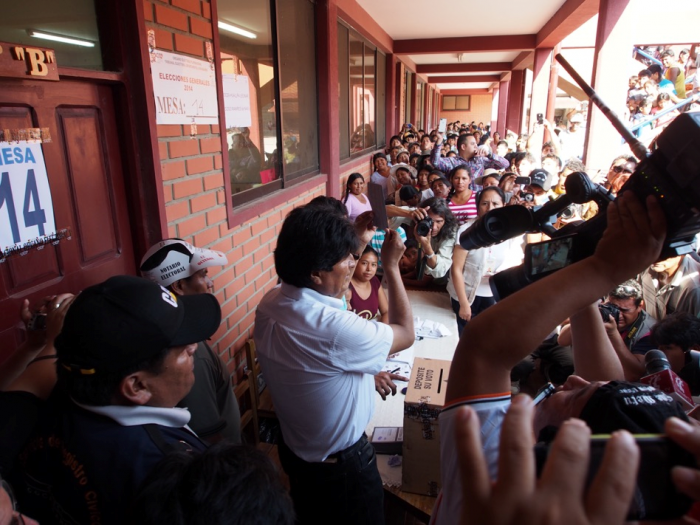This post is part of a feature on “How Capitalists Think,” moderated and edited by Patrick Neveling (University of Bergen) and Tijo Salverda (University of Cologne).
This contribution focuses on the decades-long struggle of workers and citizens in an industrial town in Northern Italy against the hazardous asbestos cement industry. It analyses the dividing lines that emerged in these social struggles at two particular moments. First, it examines the trade unions’ struggles for improved safety measures and the subsequent demand to shut down the entire asbestos cement factory because of the environmental risk it represented for the whole region. Second, it analyses the legal struggle that followed, when the social movement brought the claim for justice to the courts, demanding punishment for the former main investors.
